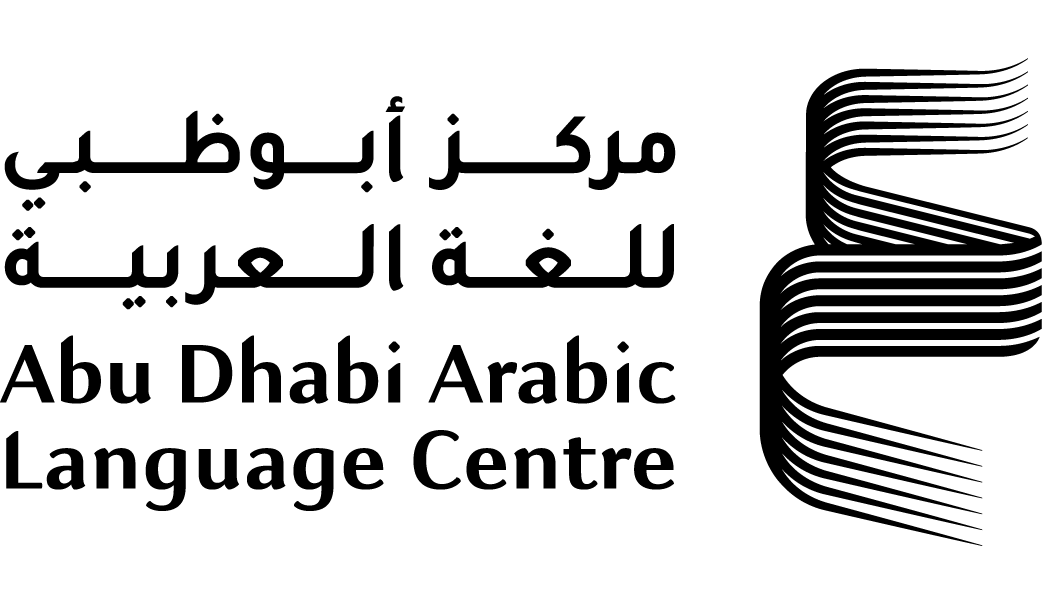The Abu Dhabi Arabic Language Centre (ALC) has published the Arabic translation of the novel ‘La guerre insaisissable’ by French author Jean-Marc Moura under the ALC’s Kalima Project for Translation. The original translation by Marie Touq was reviewed and revised by Iraqi poet and academic Kazim Jihad.
‘La guerre insaisissable’ was released in 2018, less than two years before the COVID-19 pandemic, and was a finalist at the Prix Théophraste Renaudot.
Set in early 20th century, the story is about a girl named Lily, who grew up without parents. Lily is short for Lilith, which has historical significance, in addition to being drawn from the name of the flower. Lily is conscious about the struggles and conflicts she is facing, and Moura goes through the disturbing details of the wars within her and that are ongoing in the world.
After bitter experiments at a church-run institution, where some of the priests and nuns practise demonic rituals, Lily puts her scientific abilities and intuition into the service of a Flemish scientist, revealing to him the source of a virus that caused the Spanish flu. Then she regrets it when she discovers the terrible contradiction of their two goals in research: She seeks to diagnose the virus and find a vaccine to save humanity, and he seeks to use it in favor of France in bacterial or bacteriological attacks against the Germans, who were also seeking to achieve the same goal.
Lily seeks to stop it, and the pandemic disappears just as it emerged, after affecting hundreds of thousands of victims. The First World War also concludes, and Lily ends up alone with her thoughts on her bed at Sainte-Anne Hospital Centre in Paris.
As the reviewer writes, ‘La guerre insaisissable’ talks about two worlds: a world of innocence, talent, and belief in true science, and the world of sorcery, religious and scientific quackery, and the exploitation of talents and abilities for criminal purposes. The pandemic adds to the war of human beings, as another vicious war, not only through its mysterious aspects, but also its pervasiveness, reflecting the sinister greed of some human beings.
Moura was born in Montroy Du Bois, France, in 1956. A novelist known for literary research and his prolific writing, Moura focused on humanity in French and European literature. He wrote about the third world in French literature and published several individual and collective compositions. He contributed to the post-colonial interpretation of literature, studies in francophone literature, and in humour and its creative interpretation, as well as the analysis of comparative literature.
Marie Touq is a Lebanese translator with a degree in French literature. Touq has published poems and articles and participated in several translation workshops in France and the Arab world. Her work includes translations of research, novels, and poetry from Arab and international literature by a number of prominent authors including: Yasunari Kawabata, Peter Handke, Simone de Beauvoir, Milan Kundera, Joseph Roth, Gérard de Nerval, Samir Kassir, Farouk Mardam-Bey, Elias Sanbar, Frantz Fanon, and many others. Several of these translations were published under the ALC’s Kalima Project for Translation.
![alc-default-cursor]()

